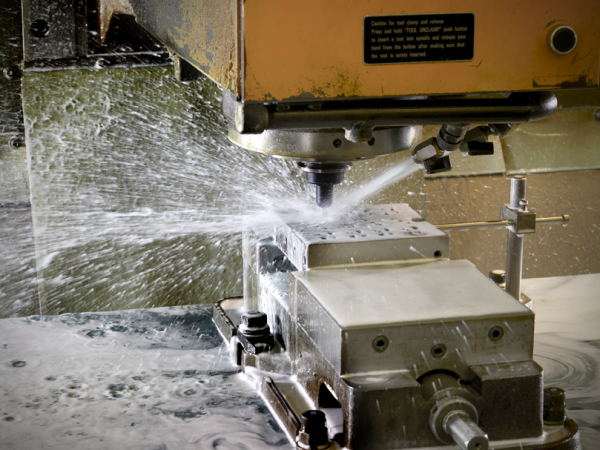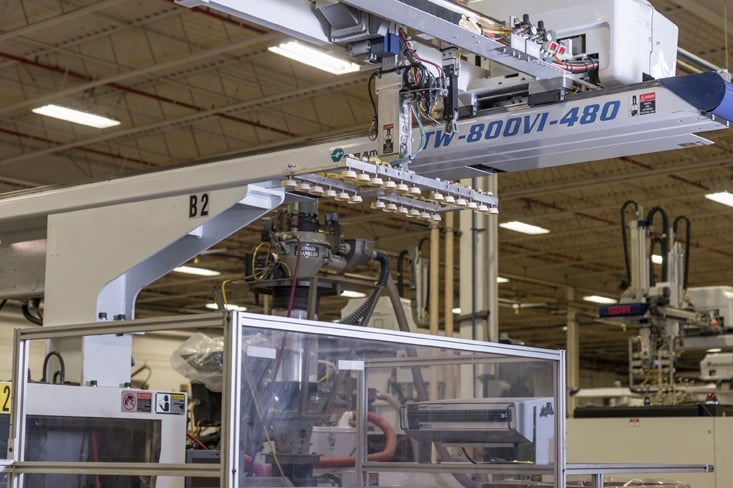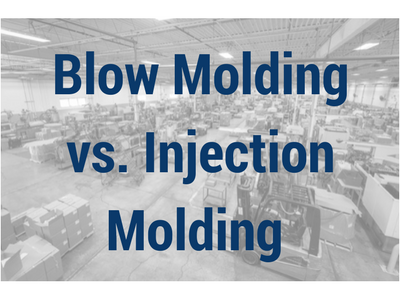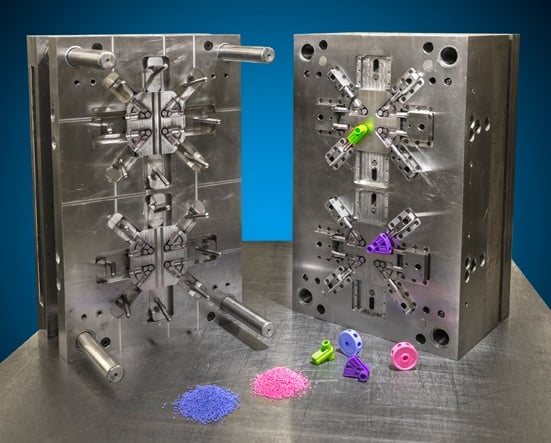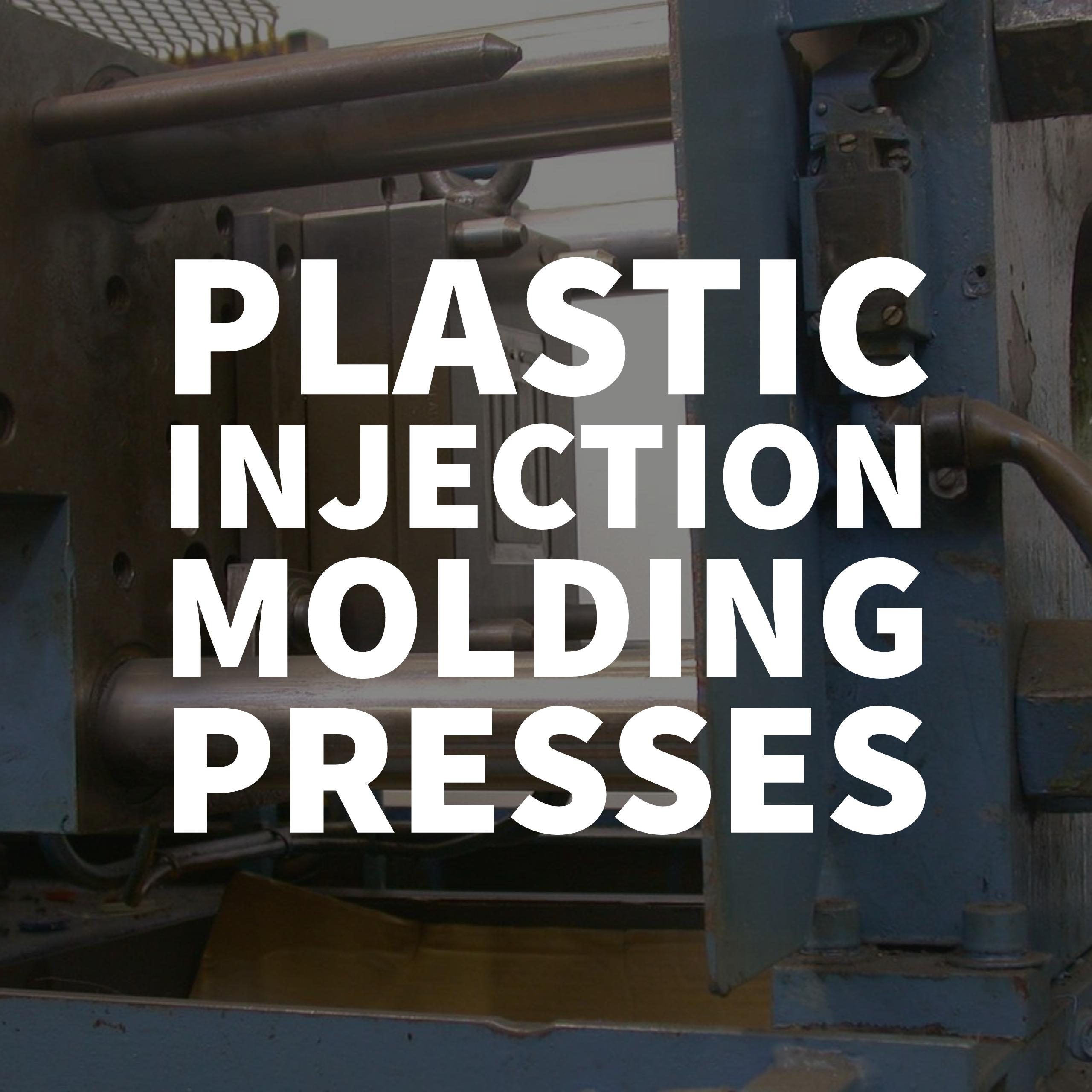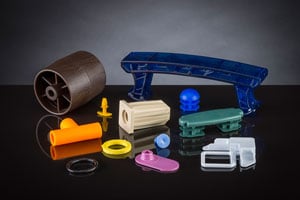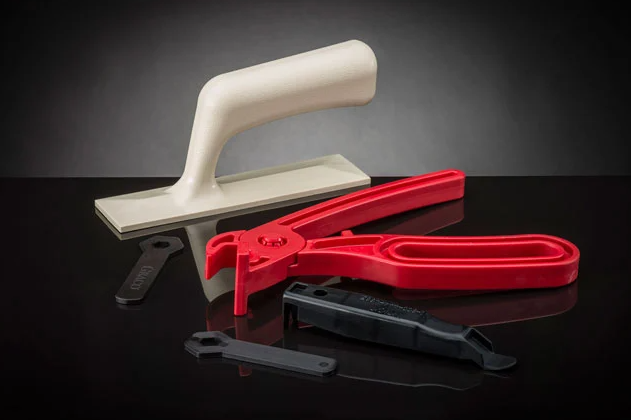Manufacturers use a wide range of different molding techniques to create different components and products, including blow molding, compression molding, extrusion molding, and rotational molding. Injection molding is a popular, versatile, and cost-effective method for producing plastic goods. A heated liquid resin is injected into a mold at high speeds so it fills the entirety of the mold (including any crevices or complex shapes). There, it cools and cures into a hardened plastic form before being ejected for finishing, packaging, and shipping. This process can be used with high-volume and low-volume orders of goods varying in size and complexity.
A perfect, precision part begins with the mold. Building the tool takes time and a great deal of accuracy. It can also represent the largest investment in the manufacturing process, so getting it right is critical to the success of a project. If your goal is to manufacture parts with a high degree of precision in large volumes, the tooling becomes even more complex.
Plastic Injection Molding Explained
In manufacturing, molding refers to the process of shaping a type of pliable material or liquid by using a rigid matrix or mold. In plastic injection molding, raw polymer resin granules are melted into a liquid and injected into a mold, where the plastic takes the desired shape. Varying levels of heat and pressure may be applied to create the final profile for the end product.
One of the first steps in creating a molded plastic product is to decide on a manufacturing technique. Blow molding and injection molding are two popular processes with unique advantages and drawbacks. It's important to develop a good understanding of both methods before you can determine which one is most suitable for your company's needs. This blog post will discuss the difference between a blow mold and an injection mold, and the most common types of products made using each technique.
One of the most common questions for those looking to source a plastic injection molder is “How much will a plastic injection mold cost?” It’s one of the most important questions since the actual mold represents the most significant expense in upfront production costs. That being said, many factors go into determining the full cost. With any custom injection molding project, your injection molder should be able to give you the final price tag. In this article, we will review the variables that can impact the cost so that you can be better informed when making a mold purchasing decision.
Injection molding presses allow manufacturers to produce a wide range of quality custom parts from high-performance resins. Depending on the press size and type, these advanced machines offer many different performance options and capabilities. To ensure the highest level of quality and value, it’s important to work with a manufacturer that can offer the proper size injection molding press for your particular needs. Here, we’ll go over the key components of an injection molding press to keep in mind when determining the right size machinery for your project.
What Is Injection Molding?
The most common process used in manufacturing plastic components is injection molding. This manufacturing process uses specialized machines that melt, inject, and shape thermoplastic into specific shapes. As with any manufacturing process, it’s prone to unique molding defects or low-quality products if not properly managed. Here you’ll learn more about injection molding, six common injection molding defects, and how to avoid them.
Injection Molding Key Considerations
Any successful injection molding project must take multiple factors at once into consideration.
Intro to Quality Control in Manufacturing
Quality control is a critical component of a quality management system that involves making sure all quality requirements are fulfilled. It consists of measuring and inspecting products to ensure they meet the required specifications at the point of production. Quality control standards are typically dictated by quality assurance approaches such as ISO 9001. These approaches outline certain protocols for the production process, and quality control ensures the completion of the required tasks.
In a manufacturing environment, manufacturers can implement various types of quality control, including materials inspection, in-process inspection, and final inspection. By performing these inspections, you can ensure your quality control is on track, which leads to reduced costs, higher efficiency, and a good reputation.
Plastic injection molding enables high-volume production of plastic parts made from a range of thermoplastic polymers. In the construction industry, these parts are used in flooring and roofing products as well as construction tools and heavy equipment. This blog explores the role of injection molding in creating durable plastic components and assemblies for everything from conventional construction applications to innovative SillDry window and door flashing technologies.







